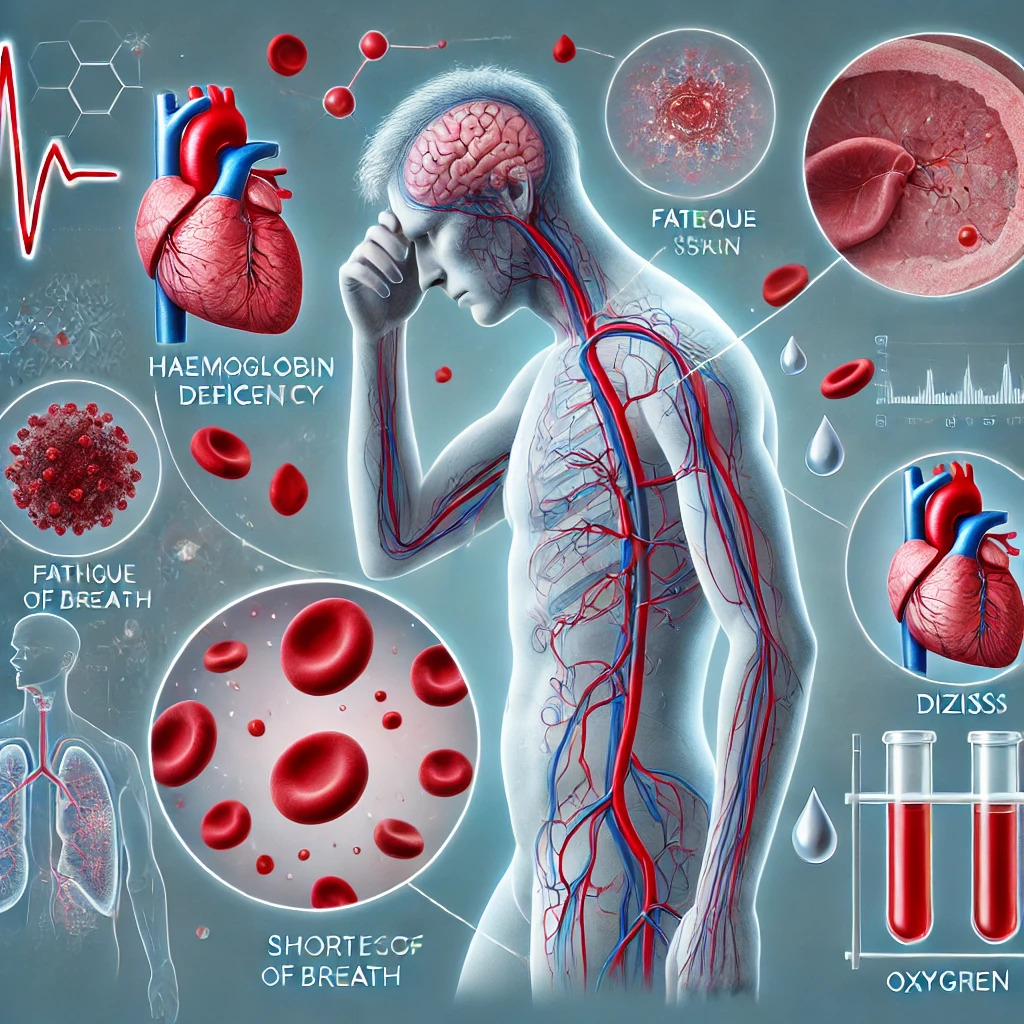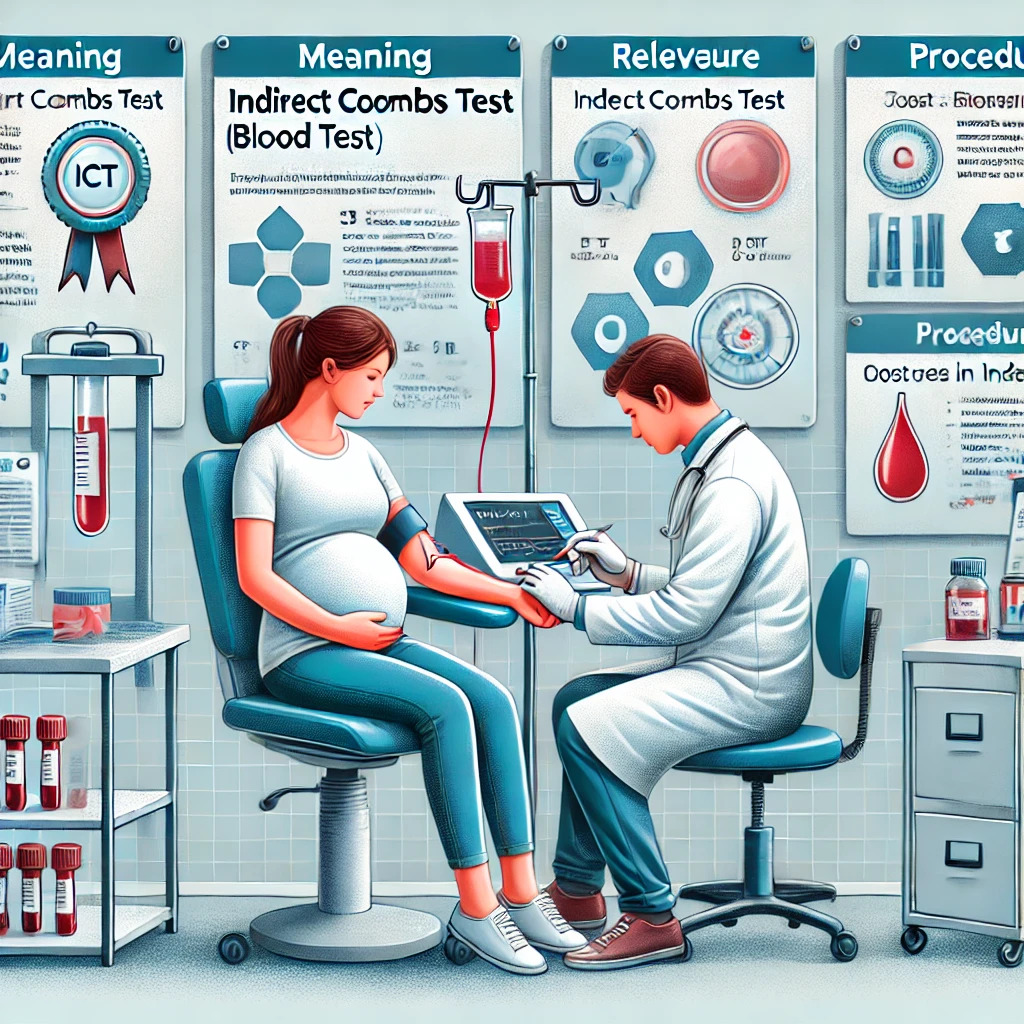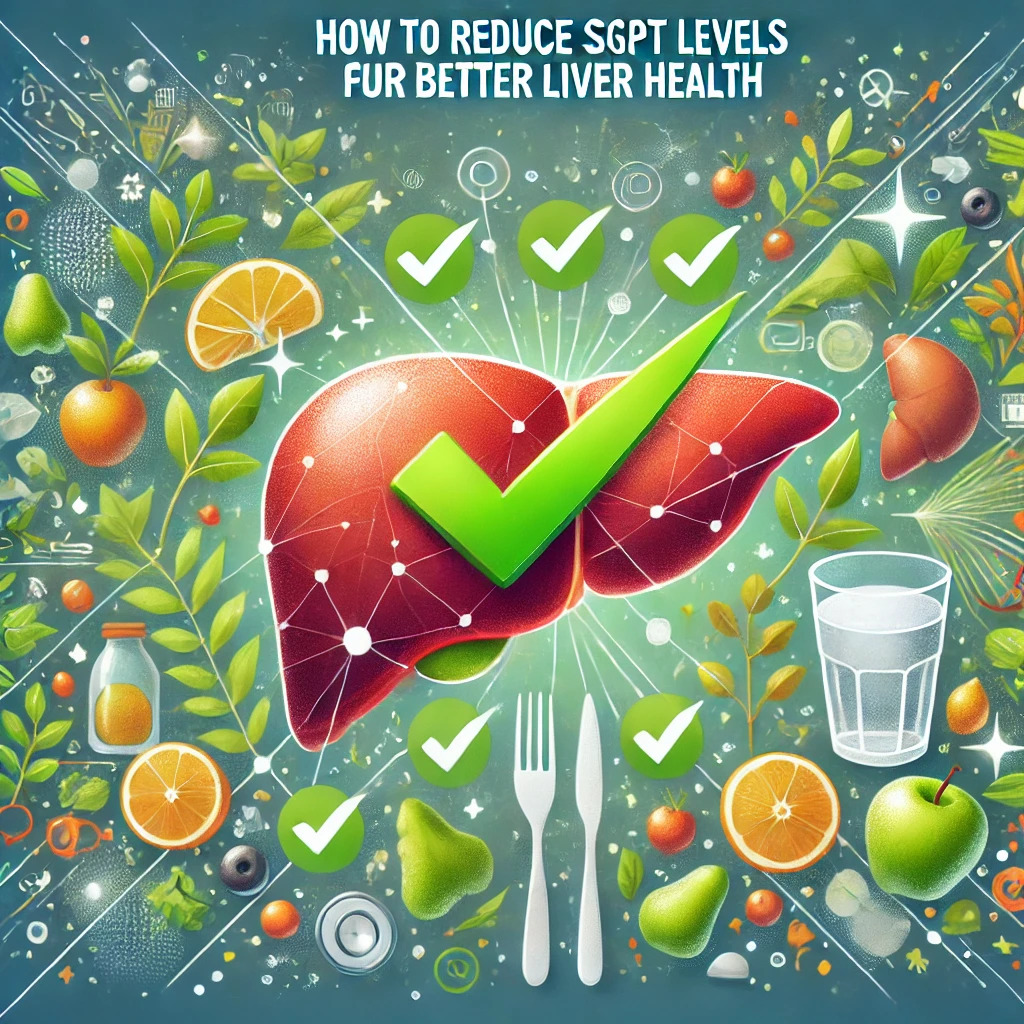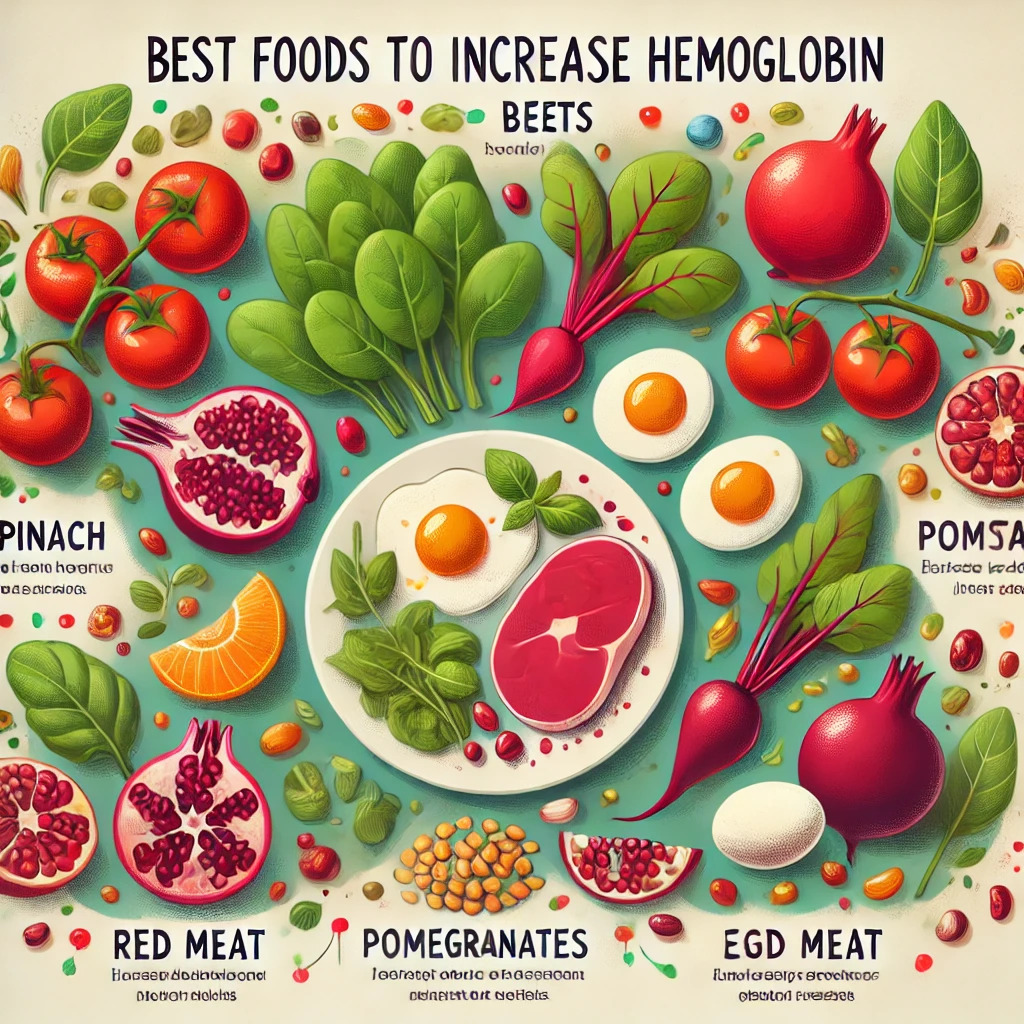What To Eat in Dengue To Increase Platelets—Guide to Recovery
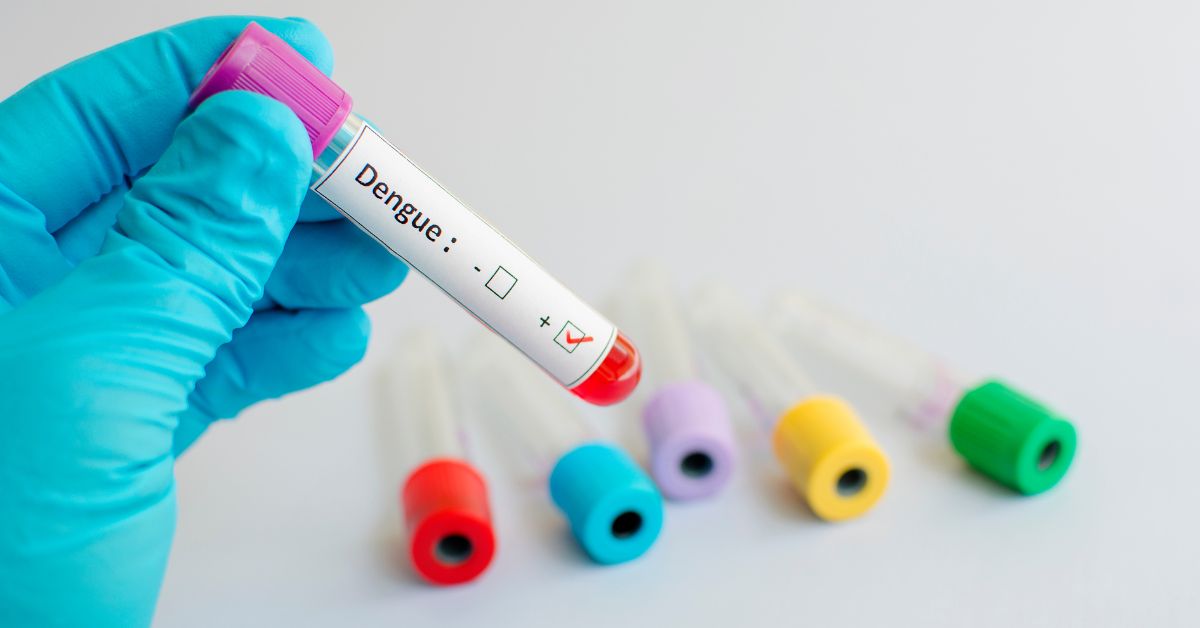
Dengue fever is a mosquito-borne viral illness of global concern, mainly prevalent in tropical and subtropical regions. The weather conditions in these regions provide ideal breeding conditions for the Aedes mosquito, which is responsible for transmitting dengue.
While most patients recover from dengue uneventfully, it can become a challenging condition for a small number of patients due to many factors, including its potential to reduce platelet counts drastically. A critical aspect of recovering from dengue fever is maintaining an appropriate diet. A diet that provides optimum nutrition and energy based on the disease phase and patient symptoms will support overall health and help boost platelet levels.
In this blog, we will explore things to eat in dengue, foods to avoid, and which factors contribute to recovery. Dengue can be a severe health concern, and anyone with any dengue fever symptoms or suspects dengue fever must get immediate medical attention.
Understanding dengue and its symptoms
Dengue fever is transmitted primarily by the bite of the Aedes mosquito. Dengue patients may see mild to severe symptoms. Common symptoms are high fever, severe headaches, severe body aches, pain behind the eyes, skin rashes, loss of appetite, and fatigue.
In more severe cases, dengue can lead to dengue hemorrhagic fever, which can cause bleeding, blood plasma leakage, and even dengue shock syndrome. The role of the correct type of diet that is very nutritious, easy to digest, and balanced is vital in dengue. You will soon learn what to eat in dengue to increase platelet count.
Also Read: - danger level of sgpt and sgot in dengue
The Role of Diet in Dengue: Foods to Eat in Dengue for Recovery
If a patient has dengue, it puts the body under immense stress. The body is fighting a viral infection and maintaining vital functions. A carefully chosen diet for the patients can reduce some of the strain by providing the necessary nutrients without overwhelming the digestive system.
It would help if you ate in dengue certain types of foods, which are:
- Easily digestible—the digestion is impacted and compromised. Opting for light and easy foods for the body to digest is essential. Digestion should not take too much energy. Soft foods that don't require extensive chewing and digestion are best. Starting with a liquid diet, progressing to a semi-liquid diet, and introducing nutritious, non-irritating solids is a good strategy.
- Nutrient-dense—the body needs to fight the infection. It needs to repair the tissues. Recovery takes time, and the body will need several vitamins, minerals, and other nutrients like protein and carbohydrates. Choosing foods packed with these necessary nutrients is essential so that each bite provides maximum nutrition without overwhelming the digestive system.
- Hydrating-dehydration is a significant concern in dengue because of fever and decreased appetite. Fluids are critical in dengue not only for recovery but also for avoiding complications. Broths, soups, buttermilk, fresh juices without sugar, and foods with high water content can help keep the body hydrated and help with recovery.
Some patients who are very ill will require parenteral nutrition and hospitalization. If you are recovering at home and having diarrhoea or vomiting, take ORS to avoid dehydration.
Foods to Eat in Dengue to Increase Platelets
Maintaining an average platelet count is essential for patients with dengue because there is a risk of a drastic drop in platelet counts. Along with some other factors, this drop in platelet count can lead to severe bleeding and other complications.
Treatment for dengue involves supportive therapy and symptomatic treatment, as there is no specific cure. Certain foods can support the body’s ability to increase platelet production and overall recovery.
Some of the best foods and fruits to eat in dengue for recovery and improving platelet count include:
- Papaya leaves and papaya—it is widely recognized that they can potentially increase platelet levels. Papaya leaf juice can be taken. Papaya leaf extracts are also available. Papaya is rich in vitamins A, C, and E, which help with immune function.
- Pomegranate is a rich source of iron, which helps produce healthy blood cells. It also has antioxidants.
- Pumpkin is high in Vitamin A. Vitamin A plays a role in the production of platelets. Pumpkin soup or puree can be incorporated into the diet.
- Leafy greens, like spinach, kale, and broccoli, have high amounts of vitamin K, which helps with blood clotting. These veggies also have iron and folate, which support the production of red blood cells and platelets. These can be incorporated as purees and soups and should be cooked well because patients cannot digest fibre in the initial stages.
- Beetroots are rich in iron and antioxidants, which can help a patient recover better. Again, these are high in fibre so they can be added to juice or soup. However, they may have to be avoided if there is a risk of bleeding because the pigments in the beetroot can alter the colour of the stool. This can make it difficult to diagnose if there is bleeding or simply pigments from beetroots in the stool.
- Citrus fruits—eating fruits in dengue-like oranges, lemons, kiwi, and amla, are helpful because they are potent sources of vitamin C. It supports immune function and also enhances iron absorption. It also supports collagen production, which can help maintain blood vessel integrity. It acts as an antioxidant to reduce oxidative stress caused by the virus.
- Carrots—in soups and juices or pureed/soft-cooked carrots when soft food can be tolerated—will provide beta-carotene.
- Nuts and seeds—as nut or seed butter or in powdered form—may be incorporated when the digestion has improved to provide omega-3 fatty acids.
- Lean proteins, including chicken, fish, and tofu, will provide the amino acids necessary for healthy blood cell production. When prepared healthily, these can give a quick energy source, and protein will help maintain muscle mass.
- Eggs are a source of easy-to-digest protein and many other nutrients.
- Fluids are vital to avoiding complications, mainly due to dehydration, and also for a speedy recovery. Hydration helps improve circulation and maintain fluid balance. Plain water, coconut water, buttermilk, clear soups, and herbal teas can aid the recovery process. These allow the digestive system and may be the only things one can have in the initial stages of being sick from dengue.
- Probiotics from natural food sources like curd and yoghurt can support gut health by promoting a balanced gut flora. Do not take probiotic supplements without consulting a doctor; they are unsuitable if a patient is immunocompromised.
These are some of the foods and fruits to eat in dengue, which can support the body’s natural ability to increase platelet production. This is not a comprehensive list because dengue patients require medical advice and nutritional guidance to avoid serious complications.
Also Read: - homeopathy medicine for dengue
Some tests for dengue patients
This is a list of the tests that may be recommended for diagnosis, monitoring the progression of the disease, and identifying complications:
- NS1 antigen test
- Dengue IgM and IgG antibody tests
- Complete blood count, including platelet count, white blood cell count, and hematocrit level.
- Liver function tests
- Serum electrolyte test
- Blood urea nitrogen and serum creatinine
- Chest x-ray
- Abdominal ultrasound
- Prothrombin time and activated partial thromboplastin time
Tips for speedy recovery from dengue and when to see a doctor
- Avoid oily and fried foods as they burden the digestive system.
- Avoid spicy foods so your stomach is not irritated, as the digestive system is already stressed.
- Avoid caffeine and carbonated drinks because these can aggravate dehydration.
- Stay well hydrated, sleep well, avoid stress, and hydrate well.
- Seek immediate medical attention if you have severe abdominal pain, persistent vomiting, bleeding gums or nose, bleeding in stool, notice coffee ground-type particles in stool, have difficulty breathing, or have any unusual symptoms.
Conclusion
Dengue fever requires careful management. Besides medical treatment and rest, food plays a vital role in dengue. Focusing on easy-to-digest, nutrient-dense foods and avoiding foods that may burden the body, patients can maintain platelet levels unless dengue is severe. Always seek medical attention; seek emergency care if you see any severe symptoms.
Managing dengue effectively depends upon timely and accurate diagnosis. This is why you need to book your blood and urine tests from O-Lab in Jammu, as we are the right partners in your journey to good health. Our lab offers comprehensive blood tests specifically tailored for dengue detection and monitoring. In addition to these tests for dengue, we provide a wide range of blood and urine tests to support your overall health. To make getting your tests done easier, we offer both walk-in and home sample collection, providing accurate results with a quick turnaround time.
FAQs
Can we eat rice in dengue?
Yes, you can eat rice in dengue. Rice, which is cooked to a soft consistency, is one of the good foods to eat if someone has dengue. A patient may have gastrointestinal issues with dengue fever, causing nausea and vomiting. Digestion is also weak, and the body needs energy and nutrients from easily digestible food sources. Soft-cooked rice can be digested easily to provide energy and nutrients. Being bland food, it does not irritate the stomach.
Can we eat curd in dengue?
Yes, you can eat curd in dengue. Curd and yoghurt have probiotics, which can help in improving digestion. Being an easy-to-digest product, curd provides nutrients like protein, calcium, vitamin B12, and others to the body. Curd is also easier to digest than other dairy products and helps calm the gut. When taken in the form of buttermilk, it also provides hydration.
Can we eat chicken in dengue?
A dengue patient can eat chicken as it is a source of lean protein, which can help with recovery. It can help with recovery by helping tissue repair and supporting the immune system. It is generally recommended to have chicken broth when sick because one may have digestive issues. Solid foods like chicken can irritate the stomach and be challenging to digest if a patient has nausea, vomiting, or diarrhoea. Broths are non-irritating and light on the stomach. When the patient is in the recovery phase, chicken prepared without oil by boiling, grilling, or steaming is a good choice of protein to help with tissue repair. It is best to consult a doctor or dietitian to understand which food will be best based on your symptoms and health status.
Can we eat paneer in dengue?
Paneer is an excellent source of vegetarian protein and also provides calcium, both of which help with recovery and repair. Dengue weakens the body, and paneer can help recover from it. Low-fat paneer prepared without spices and too much oil can be started once the patient can digest solid foods without issues. It should be remembered that dairy-based products can aggravate digestive symptoms for some people. In the early stages, liquid and semi-solid bland foods are digested well.


